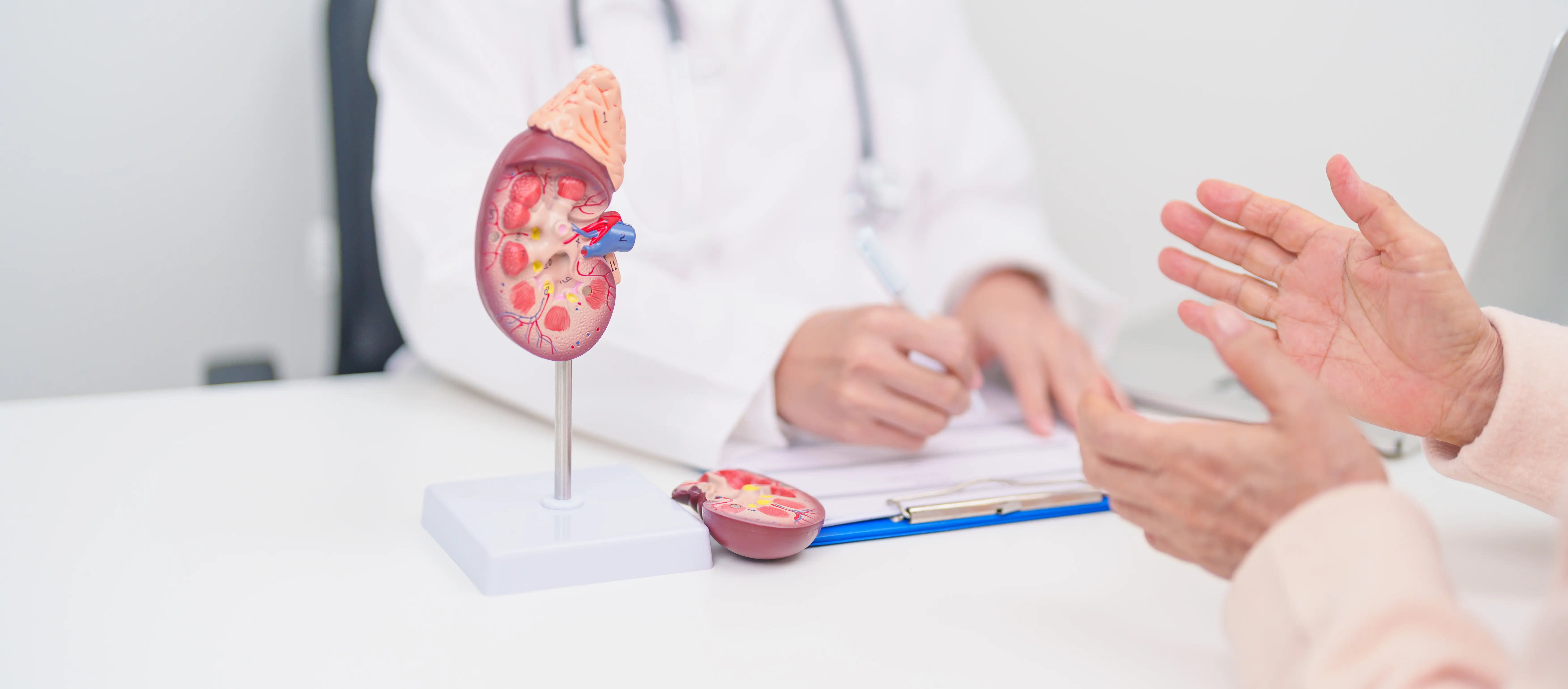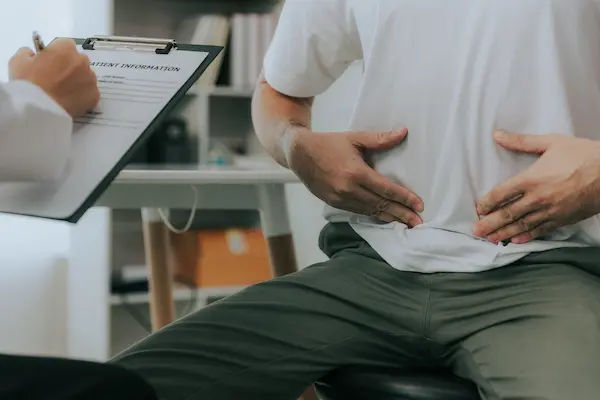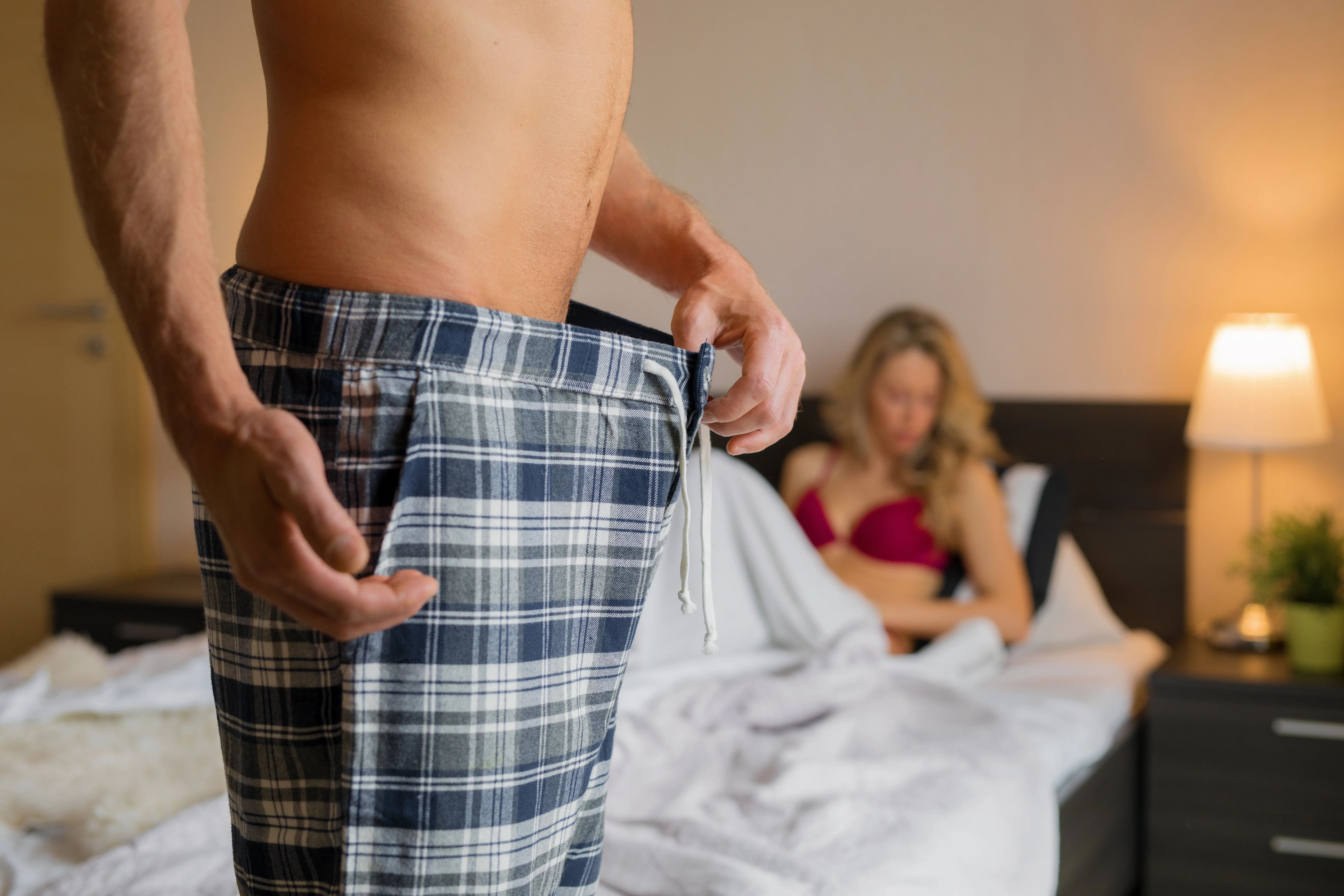- male
- 50 Years
- 21/12/2021
What are some causes of impotence in men?
Answered by 1 Apollo Doctors
Erectile dysfunction is caused by psychological triggers such as stress, anxiety, relationship problems, depression, performance anxiety, guilt, low self-esteem, pornography addiction and health conditions such as hypertension, dyslipidemia, diabetes mellitus, atherosclerotic heart disease.
Dr. Shubham Suggests...
Consult a Urologist
Answered 04/07/2025
0
0

More Urology Health Queries
View allI had a cystoscopy two days ago for a kidney stone in my upper right ureter and I'm a bit confused about what to eat and what precautions to take now. I found different diet suggestions online and not sure which one to follow. Can you help me with a clear diet plan and any other steps I should take after this surgery?
Post-cystoscopy, eat light, hydrate well, avoid spicy foods, and monitor for fever or severe burning.
Answered by 1 Apollo Doctors
How much does penis enlargement surgery cost and how long do the results last Also what are the possible side effects I should know about
Costs vary from ‚Çπ1.5 to ‚Çπ5 lakh in India. Results may be semi-permanent or temporary depending on the method. Risks include scarring, infection, dissatisfaction, or loss of sensitivity.
Answered by 1 Apollo Doctors
I'm in a bit of a dilemma. I've been regularly masturbating since I was in the 10th grade, and now I'm 27 years old. Lately, I've noticed my penis seems to be getting thinner and shorter than it used to be. I'd say I masturbate about 57 times weekly on average, and I'm pretty worried about whether my penis will get back to its normal size and width. Is this something I should be concerned about?
Lymph nodes can become inflamed, infected, or even rupture, although it's relatively rare. _Can Lymph Nodes Burst?_ Yes, lymph nodes can burst or rupture, which is known as lymph node suppuration or abscess formation. This can occur due to: 1. _Infection_: Bacterial, viral, or fungal infections can cause lymph nodes to become inflamed and potentially rupture. 2. _Abscess formation_: A collection of pus can form within the lymph node, leading to rupture. 3. _Trauma_: Physical injury to the lymph node can cause it to rupture. 4. _Cancer_: In rare cases, lymph nodes can rupture due to cancerous growth. _Symptoms of a Burst Lymph Node_ If a lymph node bursts, you may experience: 1. _Severe pain_: Sudden, severe pain in the affected area 2. _Swelling_: Rapid swelling of the affected lymph node 3. _Redness_: Redness and warmth around the affected area 4. _Pus or discharge_: Pus or discharge from the affected lymph node 5. _Fever_: Fever, chills, or general feeling of illness 6. _Weakness_: Weakness or fatigue _What to Do?_ If you suspect a burst lymph node, seek medical attention immediately. Your doctor may perform: 1. _Physical examination_: To assess the affected area 2. _Imaging tests_: Such as ultrasound, CT, or MRI scans to confirm the diagnosis 3. _Blood tests_: To check for infection or other underlying conditions 4. _Antibiotics or drainage_: To treat the infection or abscess
Answered by 1 Apollo Doctors
Disclaimer: Answers on Apollo 247 are not intended to replace your doctor advice. Always seek help of a professional doctor in case of an medical emergency or ailment.





